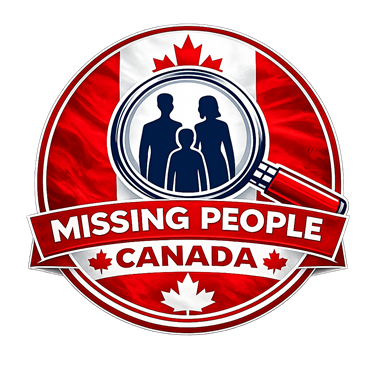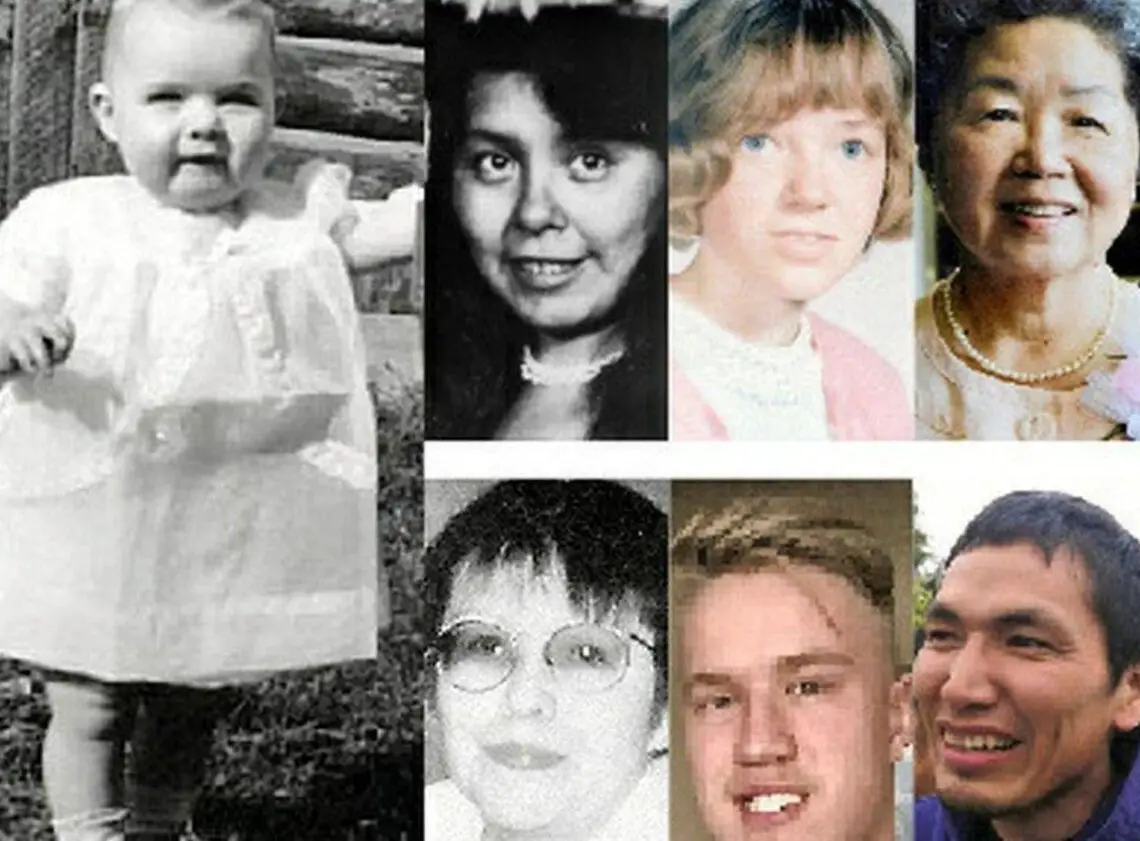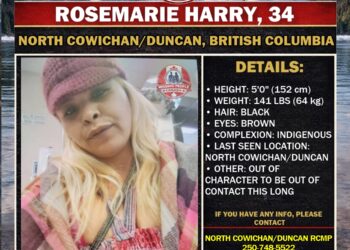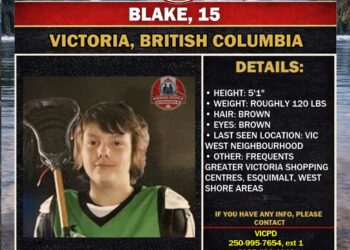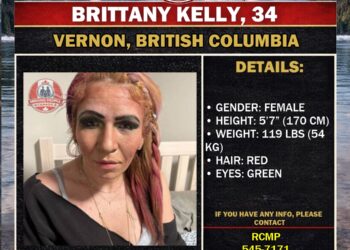In February 1997, the First Nations Summit sent a fax to the sergeant in charge of the Vancouver Police major crime section, listing 48 unsolved murders of Indigenous women in the city.
How many were under investigation? Were some files closed? Were any ruled accidental?
Members of the Summit, which represents a majority of B.C. First Nations and Tribal Councils, hoped their questions would turn up the heat on police.
“They were dealing with a crisis that their mothers and sisters and aunties were going missing and nobody was doing anything about it, and that they were being murdered and still nothing was being done about it,” said Cheryl Casimer, a political executive with the Summit. She was not with the organization in 1997, but has been told about the advocacy work at the time.
Of those 48 files flagged so many years ago, 42 of them remain unresolved today: Most are cold cases, and in a handful the main suspect was never charged or convicted.
It’s a dismal outcome for victims’ families who need answers and justice to heal, said Casimer.
“When I looked at the list of the names, it was haunting,” she said. “It was almost like if their names hadn’t been on that list then they would just be invisible. That’s all that was left of them was their names on a list. And that was really disturbing and heart wrenching.”
